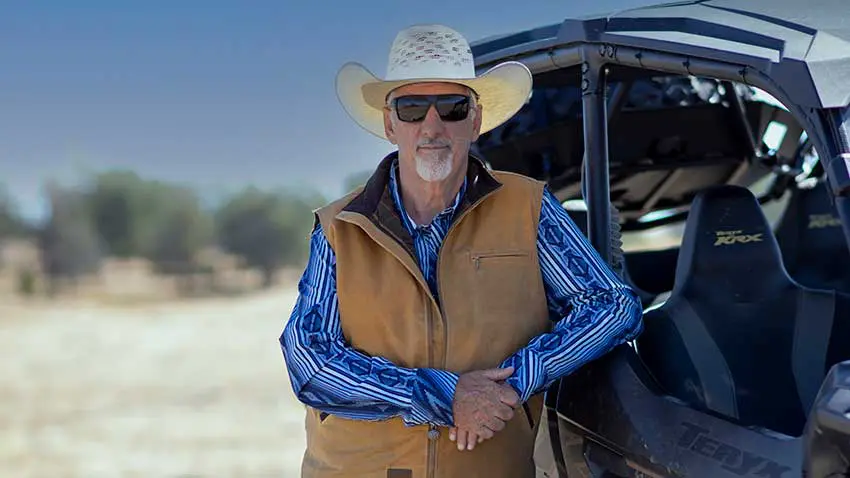Carl Medearis is a seasoned real estate investor and developer based in Elizabeth, Colorado, renowned for his strategic acumen and innovative approach to land development.
With a career spanning several decades, Carl has cultivated a reputation for transforming underutilized properties into valuable, sustainable developments that benefit both investors and communities.
Originally from Oregon and having spent his formative years in Nebraska, Carl moved to Colorado, where he completed his Bachelor of Arts in History and a graduate degree in Education at the University of Colorado in Colorado Springs. This diverse educational background has enriched his understanding of cultural and social dynamics, which he skillfully applies to his real estate projects.
Carl’s work is distinguished by his commitment to ethical practices, community engagement, and environmental sustainability. He excels in navigating complex zoning laws and market trends to unearth opportunities that others might overlook. Outside of his professional life, Carl is passionate about woodworking, golf, and spending quality time with his family, including his wife Christine of over 38 years, their three adult children, and grandchildren. Through his blog and speaking engagements, Carl Medearis shares his insights, encouraging a new generation of real estate professionals to pursue innovation and integrity in their careers.
What inspired you to enter the real estate industry?
I was drawn to real estate because it combines tangible, creative, and strategic elements. The ability to transform a landscape or revitalize a community through thoughtful development is deeply fulfilling to me.
How do you assess the potential of a new property?
I start with location analysis, demographic trends, and local economic indicators. Then I look at physical attributes, zoning laws, and market demand. It’s about seeing not just what a property is, but what it could become.
What’s the most challenging project you’ve tackled, and why?
One of the most challenging was revitalizing a derelict warehouse district. The challenge was immense due to environmental issues, community resistance, and financial constraints, but we transformed it into a thriving mixed-use area.
Can you share a pivotal moment in your career?
A pivotal moment was during the 2008 financial crisis. It taught me resilience and adaptability. The crisis forced me to innovate, focus on sustainable practices, and really listen to market needs, reshaping my business model for the better.
How has the industry changed since you started?
The rise of technology has been the biggest change. From digital marketing to 3D property tours and advanced data analytics, technology has made the industry more accessible, efficient, and competitive.
What personal value do you hold most dear in business dealings?
Integrity is paramount. I believe in transparent dealings, fair negotiations, and maintaining ethical standards. It’s not just about closing a deal; it’s about how you close that deal.
How do you balance risk with innovation in your projects?
Balancing risk and innovation starts with thorough research and due diligence. I innovate within the parameters of what I know is feasible, and always prepare for various outcomes, ensuring that creativity doesn’t overshadow practicality.
What role does community feedback play in your development projects?
Community feedback is crucial. Engaging with the community early in the development process helps align our projects with local needs and values, leading to more successful and accepted developments.
How do you see the future of real estate development evolving?
I believe we’ll see a greater emphasis on sustainability and community-centric developments. The future of real estate lies in creating spaces that are environmentally responsible and enrich people’s lives.
What advice would you give someone starting in real estate today?
Focus on learning as much as you can about all aspects of the industry and build a diverse network. Be patient, as real estate is a long game, and always stay adaptable to market changes and new technologies.


